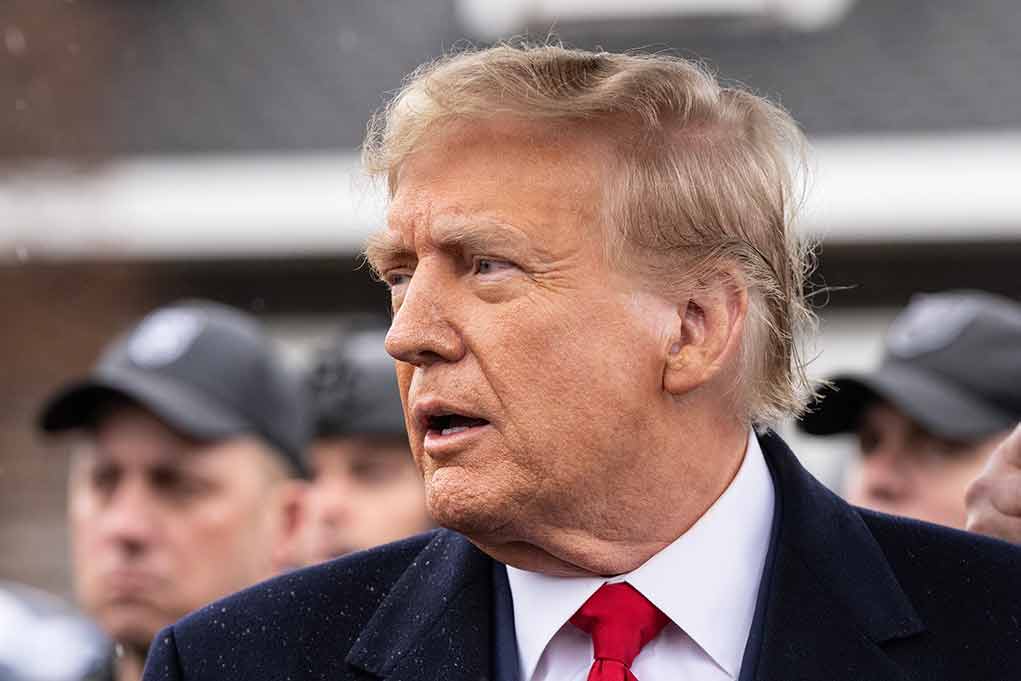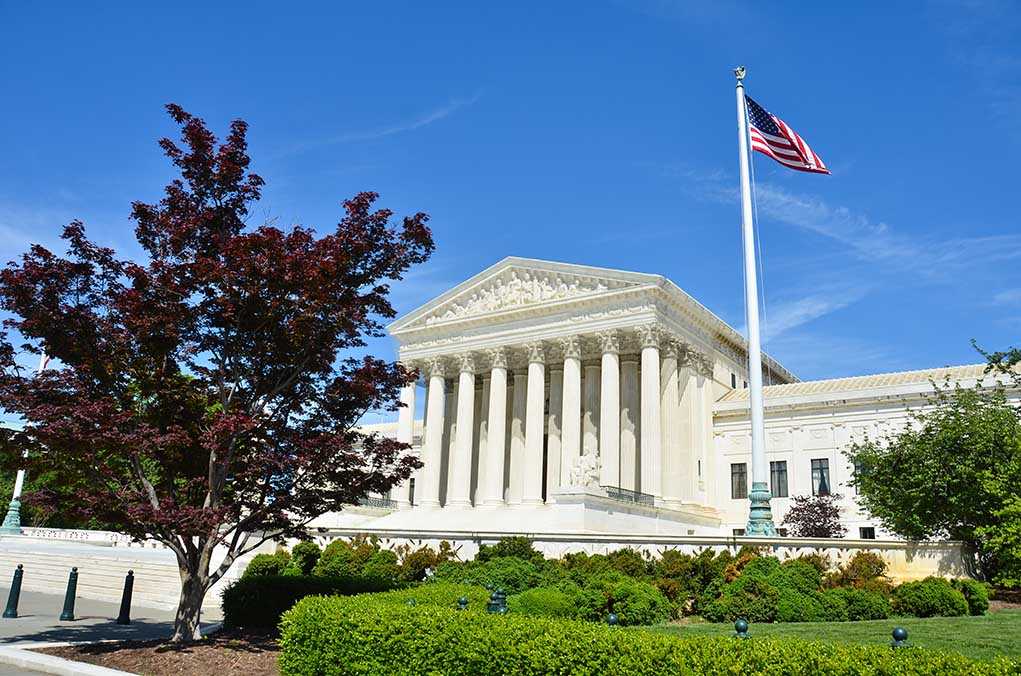
President Trump takes decisive action against Harvard University, suspending foreign student visas amid serious national security concerns about the elite institution’s ties to China and failure to report dangerous activities by international students.
Key Takeaways
- President Trump signed a proclamation suspending entry of foreign nationals seeking to study at Harvard University under F, M, or J visas, with potential revocation of existing visas.
- The FBI has warned about foreign adversaries exploiting American higher education, with Harvard receiving over $150 million from China and maintaining ties with Chinese Communist Party members.
- Harvard has been cited for failing to adequately report foreign students’ illegal or dangerous activities to the Department of Homeland Security.
- The university has been accused of not addressing violent anti-Semitic incidents on campus and prioritizing DEI policies over American students despite Supreme Court rulings.
- The administration emphasized it welcomes foreign students who “can love our country” while taking strong measures against institutions failing to comply with federal law.
National Security Concerns Drive Harvard Visa Restrictions
President Trump has moved decisively to address national security vulnerabilities at one of America’s most prestigious institutions. The White House proclamation specifically targets Harvard University, suspending new student visas while requiring enhanced scrutiny of existing international students. This targeted approach addresses growing concerns about foreign influence operations at Harvard while maintaining America’s position as a destination for legitimate international scholars at other universities. The administration’s action follows multiple warnings from intelligence agencies about exploitation of academic institutions by foreign adversaries.
The FBI has specifically identified Harvard as a particular concern due to its extensive ties with foreign adversaries, especially China. Evidence suggests the university has received over $150 million from Chinese sources and maintained relationships with Chinese Communist Party members and researchers working on projects that could potentially benefit China’s military capabilities. The State Department is now scrutinizing all visa holders associated with Harvard to identify potential security vulnerabilities that may have previously gone undetected or unreported by university officials.
Harvard’s Failure to Protect American Interests
The administration’s action follows evidence that Harvard has systematically failed in its responsibilities to protect national security interests. “Harvard has failed to provide sufficient information to the Department of Homeland Security (DHS) about foreign students’ known illegal or dangerous activities, reporting deficient data on only three students,” the Trump administration stated in its announcement of the new restrictions. This negligence represents a serious breach of the university’s obligations to federal authorities and raises questions about whether institutional priorities have superseded national security concerns.
“Admission into the United States to attend, conduct research, or teach at our Nation’s institutions of higher education is a privilege granted by our Government, not a guarantee. That privilege is necessarily tied to the host institution’s compliance and commitment to following Federal law. Harvard University has failed in this respect, among many others,” President Trump declared in the proclamation.
The administration has also highlighted Harvard’s failure to adequately address anti-Semitic incidents on campus, many of which reportedly involved foreign students. This disturbing pattern demonstrates a troubling inconsistency in how the university applies its stated values of inclusion and respect. Additionally, Harvard has continued focusing on diversity, equity, and inclusion policies in admissions that effectively deny opportunities to qualified American students, despite Supreme Court rulings against such race-based practices.
Welcoming Students Who Love America
President Trump has emphasized that this action is not a wholesale rejection of international education but rather a targeted measure against an institution that has failed to uphold its responsibilities. “The students? Well, we want to have great students here. We just don’t want students that are causing trouble. We want to have students. I want to have foreign students,” the President stated. His administration has made clear that the proclamation includes exemptions for students whose entry would serve the national interest, demonstrating a balanced approach to a complex issue.
“We have people who want to go to Harvard and other schools, they can’t get in because we have foreign students there. But I want to make sure that the foreign students are people that can love our country,” President Trump explained, highlighting the core principle behind the new policy.
The administration has ordered U.S. consulates to conduct thorough social media screenings of visa applicants for Harvard, ensuring that only those who genuinely appreciate American values will be granted the privilege of studying at U.S. institutions. This common-sense measure reflects the understanding that education is not merely an academic exercise but also shapes the perspectives and values of those who participate in it. American taxpayers should not be subsidizing the education of foreign nationals who harbor anti-American sentiments or seek to undermine our national interests.
Setting a Standard for Academic Integrity
The Trump administration’s action against Harvard sends a clear message to all American universities about the importance of maintaining proper oversight of foreign student programs. While the proclamation currently applies only to Harvard, it establishes a precedent that institutions failing to protect American interests may face similar consequences. This approach balances the benefits of international academic exchange with the imperative to safeguard national security and ensure that American educational institutions serve the interests of American citizens first.
“We are still waiting for the Foreign Student Lists from Harvard so that we can determine, after a ridiculous expenditure of BILLIONS OF DOLLARS, how many radicalized lunatics, troublemakers all, should not be let back into our Country. Harvard is very slow in the presentation of these documents, and probably for good reason!” President Trump noted, highlighting the ongoing challenges in obtaining necessary cooperation from university officials.
By taking this decisive action, President Trump has demonstrated his commitment to putting America first in educational policy just as he has in other areas of governance. The message is clear: institutions that receive American taxpayer funding and enjoy prestigious positions in our society must be accountable to American interests and values. Foreign students who appreciate these values will continue to find opportunities in America’s world-class educational system, while those who seek to exploit or undermine it will face appropriate restrictions.











